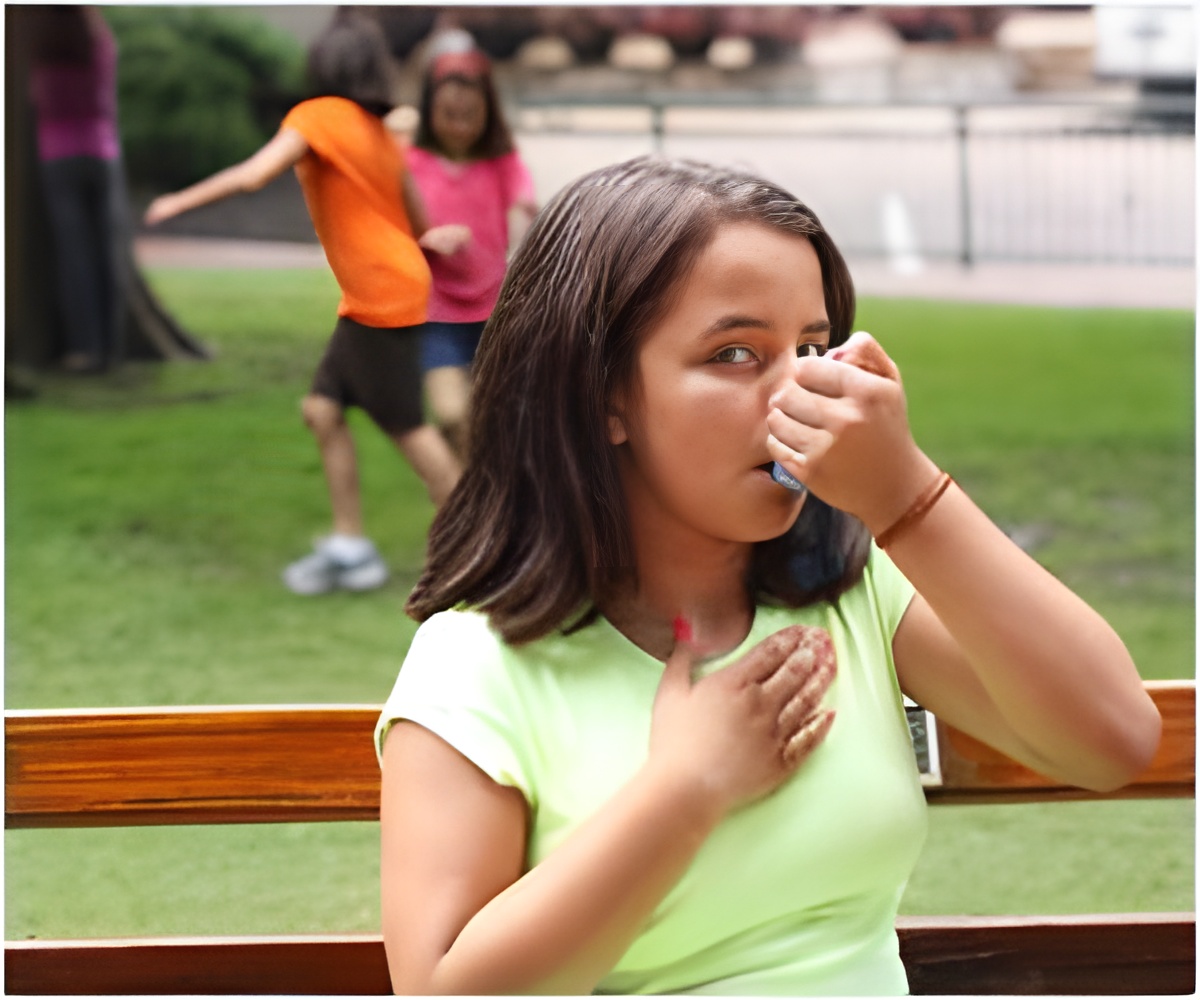Deteriorating biodiversity could be lending to the rise of asthma, allergies, and other chronic inflammatory diseases with people living in cities worldwide, suggests a Finnish study.
Deteriorating biodiversity could be lending to the rise of asthma, allergies, and other chronic inflammatory diseases with people living in cities worldwide, suggests a Finnish study. Emerging evidence indicates that commensal microbes inhabiting the skin, airway, and gut protect against inflammatory disorders. However, little is known about the environmental determinants of the microbiome.
Ilkka Hanski et al. from the Department of Biosciences, University of Helsinki, investigated whether reduced human contact with nature and biodiversity influences the composition of commensal skin bacteria and allergen sensitivity in a random sample of 118 teenagers living in eastern Finland. The authors found that subjects living on farms or near forests had more diverse bacteria on their skin and lower allergen sensitivity than individuals living in areas with less environmental biodiversity, such as urban areas or near bodies of water.
Furthermore, allergen-sensitive individuals had lower diversity of one class bacteria, gammaproteobacteria, on their skin than healthy study subjects. The presence of one gammaproteobacterial member, Acinetobacter, was associated with the expression of the anti-inflammatory marker IL-10 in the blood of healthy study subjects. That suggested to the authors that gammaproteobacteria in the skin microbiota may enhance immune tolerance. The findings suggest that the increasing prevalence of inflammatory diseases may be associated with the changing biodiversity of the environment and commensal skin bacteria.
Source-Eurekalert

 MEDINDIA
MEDINDIA


 Email
Email










